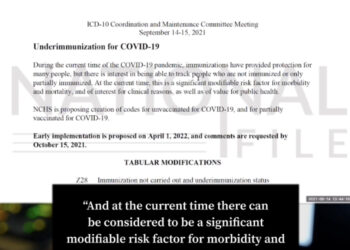Last Updated on May 12, 2022
The Food and Drug Administration (FDA) will allow a shuttered Michigan plant to release some of its baby formula stockpiles in order to combat a growing nationwide shortage. An Abbott Nutrition plant in Sturgis, Michigan — the nation’s largest infant formula plant — has been closed since February due to a bacterial outbreak.
In February, the FDA launched an investigation into the Sturgis plant after receiving reports of Cronobacter sakazakii and Salmonella Newport infections among infants. In total, four infant illnesses were reported and later linked back to consumption of formula from the plant. Two of the affected infants later died.
Federal regulators have yet to reveal how the outbreak was caused. Abbott Nutrition officials meanwhile have said they do not believe their formula itself was responsible for the outbreak. The FDA has said its investigation is ongoing.
The subsequent recall includes products from three different brands – Similac, Alimentum, and EleCare – and has contributed to an accelerating nationwide shortage, according to NBC 4 New York. Baby formula has a particularly vulnerable supply chain as a handful of companies account for almost all of the nation’s output.
Infants who require specialty formulas due to food allergies, digestive problems and other conditions are of particular concern.
“Unfortunately, many of those very specialized formulas are only made in the United States at the factory that had the recall, and that’s caused a huge problem for a relatively small number of infants,” said Dr. Steven Abrams, a professor at the University of Texas.
Now, the FDA will allow the plant to release some of its specialized baby formulas in a bid to alleviate the shortage. Federal regulators will not object “to Abbott Nutrition releasing product to individuals needing urgent, life-sustaining supplies of certain specialty and metabolic formulas on a case-by-case basis.”
Nationwide, about 40% of large retail stores are out of stock, up from 31% in mid-April, according to Datasembly, a retail data firm. Some retailers, including Walgreens and CVS, have been forced to impose purchasing limits on baby formula.
The FDA said Tuesday it was working with U.S. baby formula manufacturers to increase their output and streamlining paperwork to allow more imports, according to NBC 4 New York. In addition, the FDA said it was waiving enforcement of minor product labeling issues to increase availability of both U.S. and imported products.



















